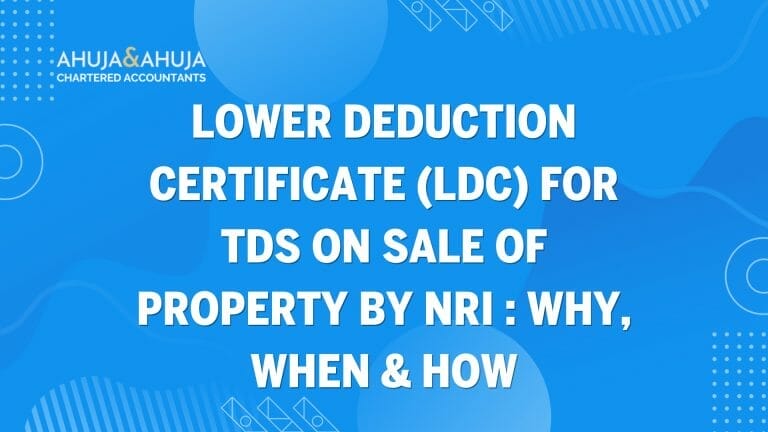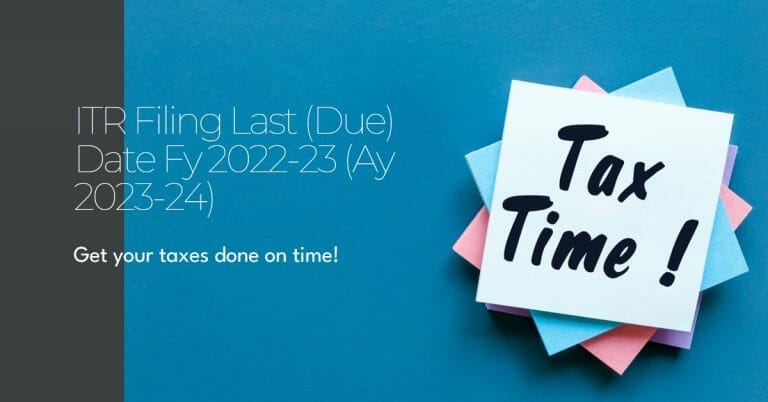Tax Planning Through House Property
[img w=”599″ h=”377″]https://www.ahujaandahuja.in/wp-content/uploads/2012/09/tax-saving-house2.jpg[/img]
A penny saved is a penny earned. Nothing can be truer than this when it comes to smart investing through better tax planning. Many investors look at only the gross returns while evaluating the merit of a financial investment.
A home loan facility provides many tax benefits to the individual assessee under the Income Tax Act. They can avail deduction for principal and interest components of a loan. Interest payable on capital borrowed for buying, construction or renovation of house property is eligible for deduction under the Income Tax Act and Repayment of principal amount is also allowed as deduction from total Income under section 80C subject to total amount of Rs. 1,00,000.
Deduction from Income for the payment made towards principal repayment of borrowed amount from recognized bank or financial institution for construction or purchase of house is allowed under the Income Tax Act. As per income Tax Act deduction for payment of principle of loan can only be availed up to an amount of Rs.1,00,000. Apart from that any investment in immovable property has been providing better returns than any other investment and that can be well seen in last one decade, and if you would like to en-cash this investment, then you can still save tax arising out as capital gain, that requires involvement of other sections of income tax act.
Tax relief for the payment made towards interest can be availed from the financial year in which the construction of the house is completed, and for the interest paid on house property in Pre-Construction period the assessee can carry forward that and can adjust in five equal parts from the financial year once the house gets constructed and in case if the total interest has been paid before completion of the house still the relief can be availed in five consecutive years, once the house gets completed.
If the house is rented or is vacant there is no limit for loss on house property due to interest on capital , any amount paid for interest is applicable for relief, however for a self occupied house interest can only be adjusted up to an amount of Rs.1,50,000 .
Further, many of us are not aware of the fact that even cost incurred for payment of Stamp duty, registration fee or other expenses for the purpose of transfer of such house property to the assessee paid directly by the assessee can also be claimed under the Income Tax Act at the time of transfer/sale of house property.
Further, there are specific items which are not allowed as exemption under the Income Tax Act, and the assessee need to check these before claiming deductions.
Disclaimer
The materials provided herein are solely for educational and informational purposes. No attorney/professional-client relationship is created when you access or use the site or the materials. The information presented on this site does not constitute legal or professional advice and should not be relied upon for such purposes or used as a substitute for professional or legal advice.






